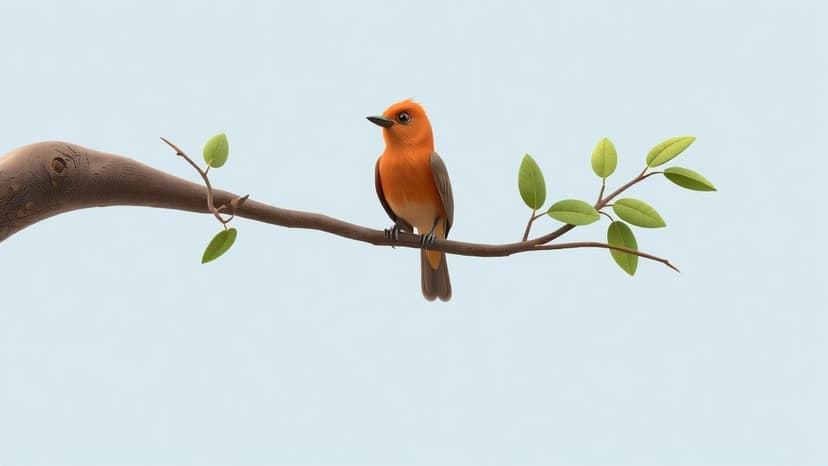Home / Environment / Insect-Eating Birds Recover After Pesticide Ban in France
Insect-Eating Birds Recover After Pesticide Ban in France
17 Nov, 2025
Summary
- Insect-eating bird populations in France increased by 2-3% after 2018 neonicotinoid ban
- Blackbirds, blackcaps, and chaffinches saw population boost as they feed on insects
- Full recovery of insectivorous birds may take decades despite early signs of improvement

As of November 2025, insect-eating bird populations in France appear to be making a tentative recovery following the European Union's 2018 ban on neonicotinoid pesticides. A recent study has found that France's population of insectivorous birds, including blackbirds, blackcaps, and chaffinches, has increased by 2-3% in the four years since the ban took effect.
The researchers analyzed data from over 1,900 sites across France, comparing the five years before the ban (2013-2018) to the post-ban period (2019-2022). They discovered that the numbers of insect-eating birds at pesticide-treated sites were 12% lower compared to areas without neonicotinoid use.
While the recovery is still modest, the lead researcher, Thomas Perrot, says that "even a few percentage [points'] increase is meaningful - it shows the ban made a difference." Perrot believes the positive trend could be mirrored across the EU, where the neonicotinoid restrictions were implemented in late 2018. However, he cautions that full recovery of insectivorous bird populations may take several decades, as the pesticides can persist in soils for years.
The study's findings suggest that banning harmful pesticides can have a tangible impact on wildlife, providing hope for the future of insect-eating species. Experts say more sustainable farming practices that reduce pesticide use and restore natural habitats will be crucial to accelerating the recovery of bird populations.




